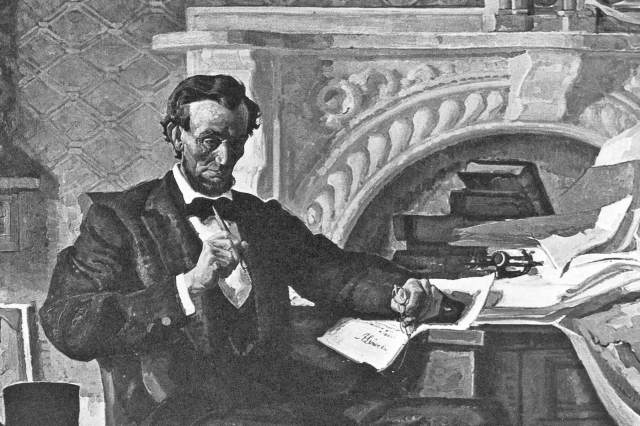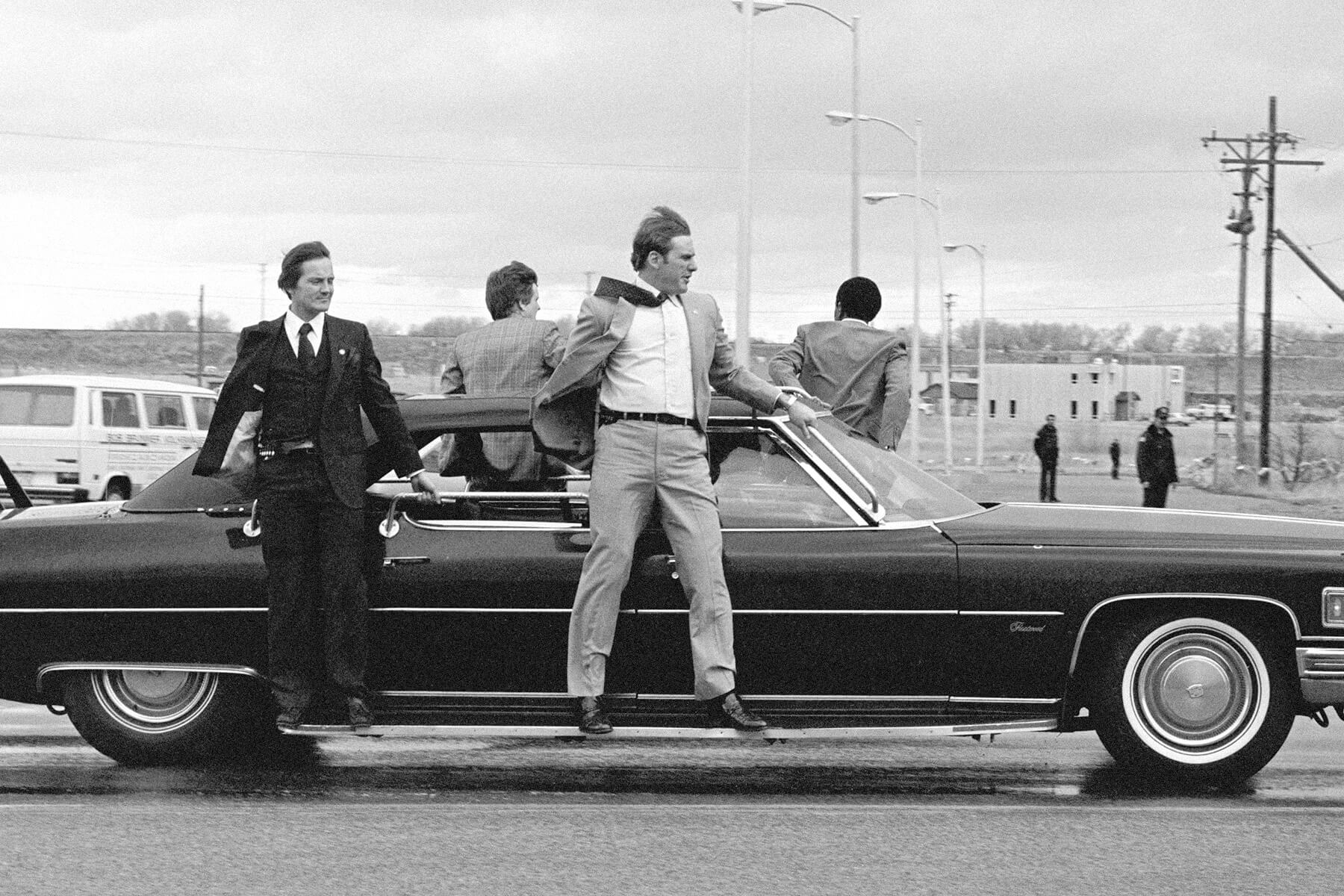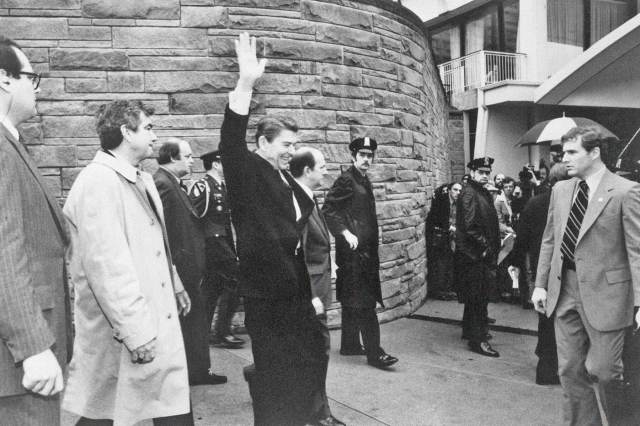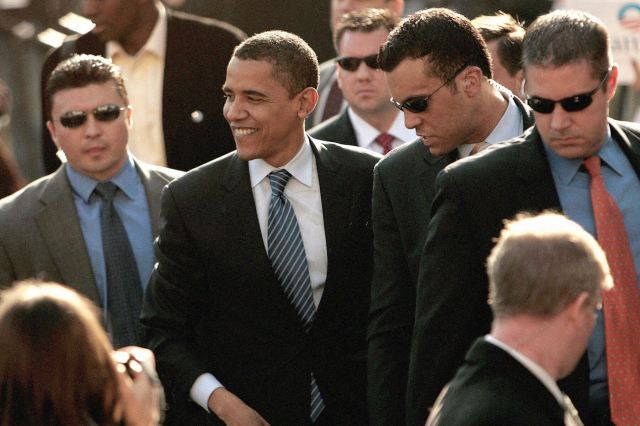5 Surprising Facts About the Secret Service
The U.S. Secret Service is a prominent part of American culture, often portrayed in action films and news footage where agents are seen sprinting alongside the president and leaping into action during high-risk situations. These representations have shaped much of our perception about the agency, creating an image of an elite force dedicated to the protection of the nation’s leader.
Yet the Secret Service is much more than the group of sharp-suited agents seen flanking the president. Since its founding in 1865, the agency’s role has included some truly fascinating — and often surprising — responsibilities. Here are five facts about the U.S. Secret Service that you may not know.

Abraham Lincoln Established the Secret Service
On April 14, 1865, President Abraham Lincoln signed legislation establishing the U.S. Secret Service. Although now synonymous with protecting the president of the United States, the agency was not originally created for this purpose. Instead, it was conceived as a division of the U.S. Treasury Department, tasked solely with addressing the rampant issue of counterfeit money. In the aftermath of the Civil War, nearly a third of U.S. currency in circulation was counterfeit, destabilizing the fragile economy. The Secret Service’s mission was to combat this crisis, investigate forgeries, and safeguard the nation’s financial security.
Establishing the Secret Service turned out to be Lincoln’s final legislative achievement, as he was assassinated later that same day by John Wilkes Booth. Ironically, the agency Lincoln established did not take on the responsibility of presidential protection until decades later, following the assassination of President William McKinley in 1901.
McKinley’s death, the third presidential assassination in 36 years, highlighted the urgent need for enhanced measures to protect the nation’s leaders. In response, the Secret Service was formally assigned the responsibility of safeguarding sitting presidents. Despite this significant expansion, the agency has retained its original mission of protecting the nation’s financial system, a task that remains integral to its operations.





















